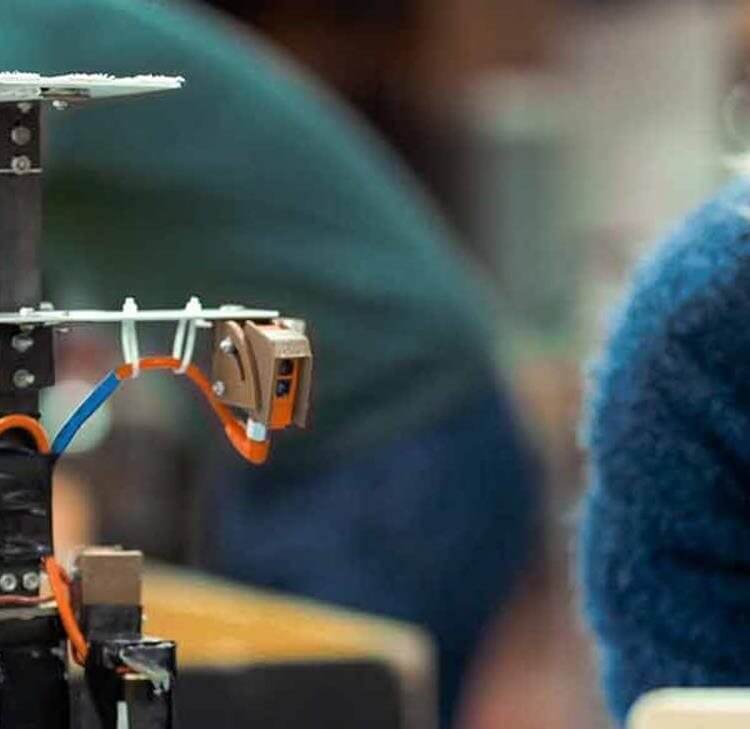Citation: Kwantum Nederland BV & Kwantum België BV v Vitra Collections AG, C‑227/23.
Overview
The CJEU has confirmed that member states of the EU cannot treat claimants differently based on their nationality. Recent EU case law (such as Cofemel) has made it easier to sue for copyright infringement in Europe. This case makes it clear that claimants based outside the EU, such as UK or US companies, can still sue and benefit from the wide interpretation of rights afforded by the EU copyright regime.
Last week the CJEU handed down its much-awaited judgment in Kwantum v Vitra. The ruling clarified whether EU Member States relying on the Berne Convention can set their own reciprocity rules for copyright protection. What that means in practice is: is copyright law the same for all claimants, or can EU courts grant more limited rights to parties based outside the EU?
The case concerned Vitra, a Swiss designer who claimed that Kwantum, a EU based retailer, infringed copyright in its US designed (and iconic) Dining Sidechair Wood. Kwantum sought to rely on the Berne Convention’s material reciprocity clause (Article 2(7)) which limits copyright protection for works of applied art originating from non-EU countries to the level of protection those works receive in their country of origin.
Article 2(7) of the Berne Convention affords works of applied art protection in another member state if they meet the copyright protection criteria in both the country of origin and the country where the rights are asserted. This requirement poses significant challenges for works in jurisdictions which either do not provide copyright protection for applied art or have particularly stringent thresholds for protection (such as the USA on the facts of this case).
The CJEU ruled that the Berne Convention’s material reciprocity clause cannot be used to limit EU law, in particular, Directive 2001/29 which harmonises EU copyright law gives copyright protection to original works regardless of their country of origin. The EU copyright regime has always offered limited discretion to Member States; so the CJEU’s ruling here is unsurprising.
At the moment, EU law is permissive: judgments following Cofemel have meant that copyright protection covers works of applied art that would not historically have been considered protectable in the UK. The impact of this is being worked out in various cases, including the appeal in AGA Rangemaster v UK Innovations. Until we know what approach the UK courts will take, some claimants may prefer to sue in the EU; and this case shows that it is a possibility.
Key contact

Alice Elliott-Foster
Associate
alice.elliottfoster@brownejacobson.com
+44 (0)330 045 2211









































